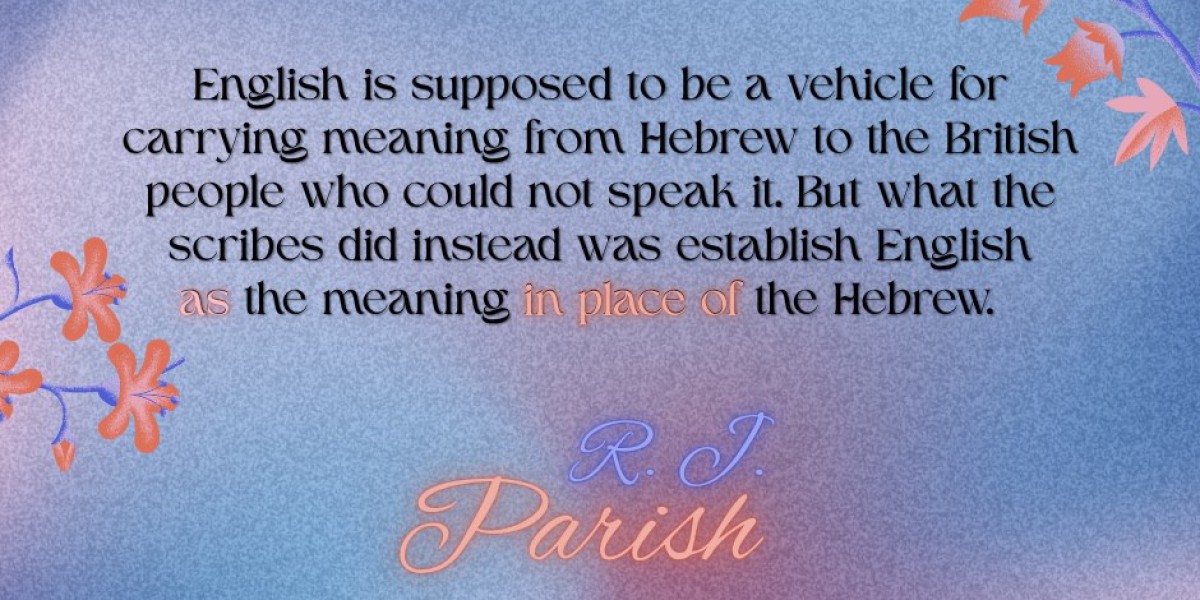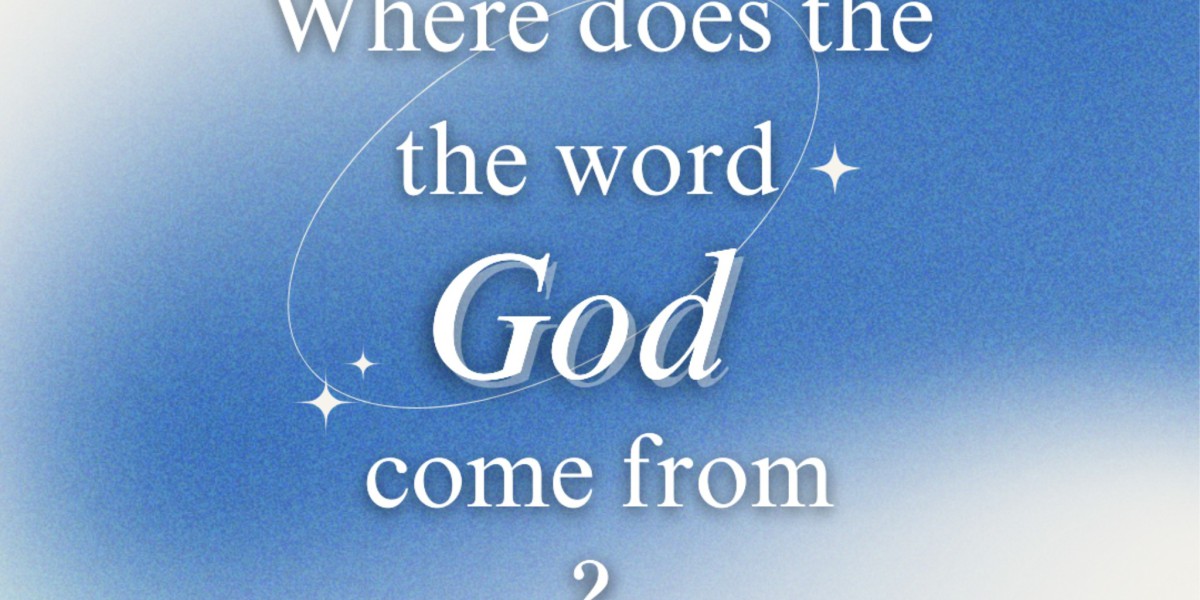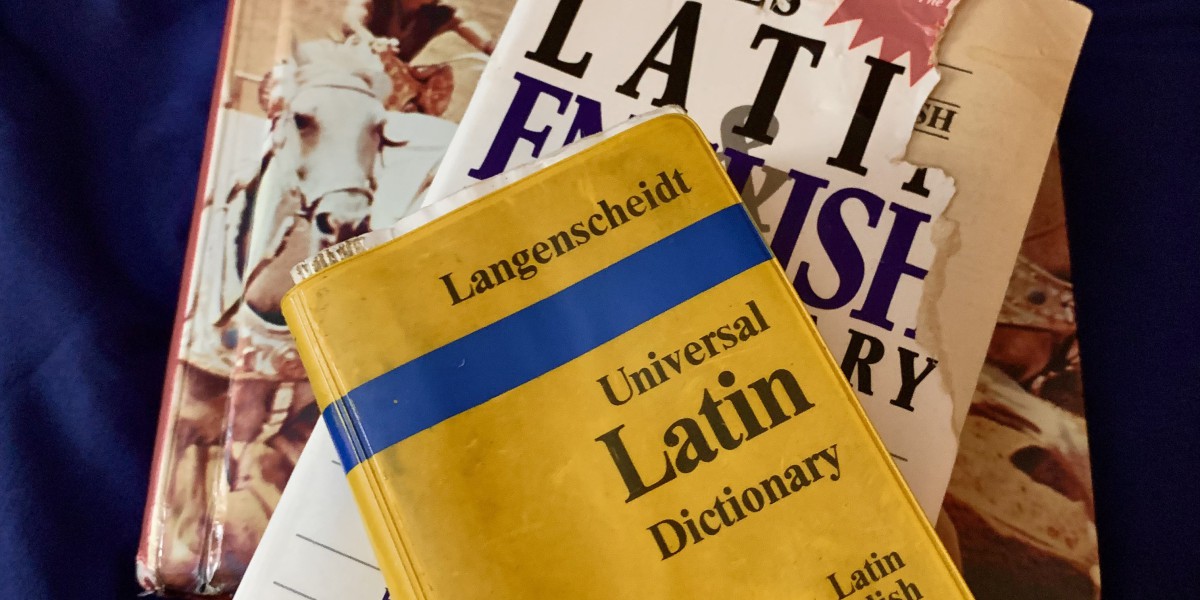Of course we can trust the Bible is true.
It proves itself true over and over and over, and not merely to biased minds self-affirming its surety. No. It holds up to severe scrutiny. The Bible has survived every attack of the ages and still stands today.
The problem isn’t that the Bible isn’t true but that the book we typically think of as and refere to as being the Bible is not infact the Bible.
That leather-bound golden-edged tome you keep and care for is called The Holy Bible by you and almost everyone and the words are printed on the front… but in truth that book is a copy of a copy of a copy. It’s a version of a version of a version. And it’s made from one translation off of another off of another going back generations.
While the Bible contains no mistakes, the version we colloquially call “The Bible” infact contains many mistakes and mistranslations. It contains doctrinal interpretations and deliberate interference. It holds cultural bias, foreign influence, and intentional alterations.
And apart from all that the best and most accurate translation possible would still result in a lost of knowledge as our modern western culture and that of the ancient eastern Hebrews native to Scripture are so incompatible and opposed to eachother that one for one equivalency is almost always impossible.
What we hold in our hands is not The Holy Bible, though it may say so right on the cover. We hold the end of a long line of watering down the Word with western civilization. What we think of as The Good Book is the result of a tremendous nonstop transfer of the text from one language to the next for nearly 2000 years filtering it through each culture along the way and picking up much baggage from each as it went.
Our British culture is but the latest and last. It itself was built by mixing old French and old Anglo-Saxon combined with the Latin of the church. The Latin was adopted after the Greek and the Greek from the Aramaic and Hebrew.
Of course it’s possible to make a true translation in the common. Some fuller and deeper meaning will be lost for sure, as is the nature of translation, but it’s still possible to relay the overall message.
Versions in the common language is not a problem. The problem is that the versions that have been made so far are corrupted with alterations, abridgments, and insertions of Greek, Roman, and Germanic culture. The translators were not true to their duty, and their work, though useful, cannot be wholly trusted.
The scribes over the centuries while they were supposed to be showing each successive culture, the meaning that was conveyed from heaven in Hebrew to the people of Israel, instead were selecting cultural norms of every society, and slipping them into their version of the book.
Assumed equivalency, traditional renderings based off past versions, and attempts at syncretism all inserted and infused foreign concepts, and false terminology into the text and created confusion.
We have what we have now, and there is little to do about it… But we also have access to more scholarship than ever before, and can scrutinize the text for ourselves. We can review all the variance and verify every translational choice of the ages.
The book doesn’t have to go into the trash just because it is not as much a treasure as we were led to believe. But our view of this final version filtered through so many foreign cultures and passed through the hands of so many villains has to go in the garbage.
We have something very special in our English translation, but it is not the Bible and much corruption has gone on to get it to us.
We must be shrewd in our studies, and never trust that what we are reading on the page is what was written by the disciples and by the prophets of old. It is the interpretation of those who came in between our time and theirs. And it is up to us to check their work and to correct it where necessary.
Second Guess First Assumptions
Question Everything
Get Biblical






